After thousands of Ukrainian soldiers broke through the Russian border with tanks in the early morning hours of August 6, Ukraine now controls 74 settlements in Russia's Kursk region, Oleksandr Syrsky, the commander-in-chief of Ukraine's armed forces, announced on Tuesday.
According to a Ukrainian military official, Russia has pulled out part of its forces from the territory of Ukraine. The information was recently confirmed to the Wall Street Journal by several US officials.
However, the paper also noted that the Ukrainian leadership may face a serious dilemma as to whether a push for further gains is worth deploying more troops and military equipment, which is badly needed on Ukraine's eastern front, where Kyiv forces are struggling to contain the Russian advance.
The main task of the redeployed forces may be to strengthen the defense in Kursk, but for the time being, even the experts can only speculate as to what the military-political goals of the attack could be. A US official said late on Tuesday that the goal of Ukraine's Kursk incursion appears to be to force Russia to pull troops out of Ukraine to defend Russian territory against the cross-border assault, the Reuters reported.
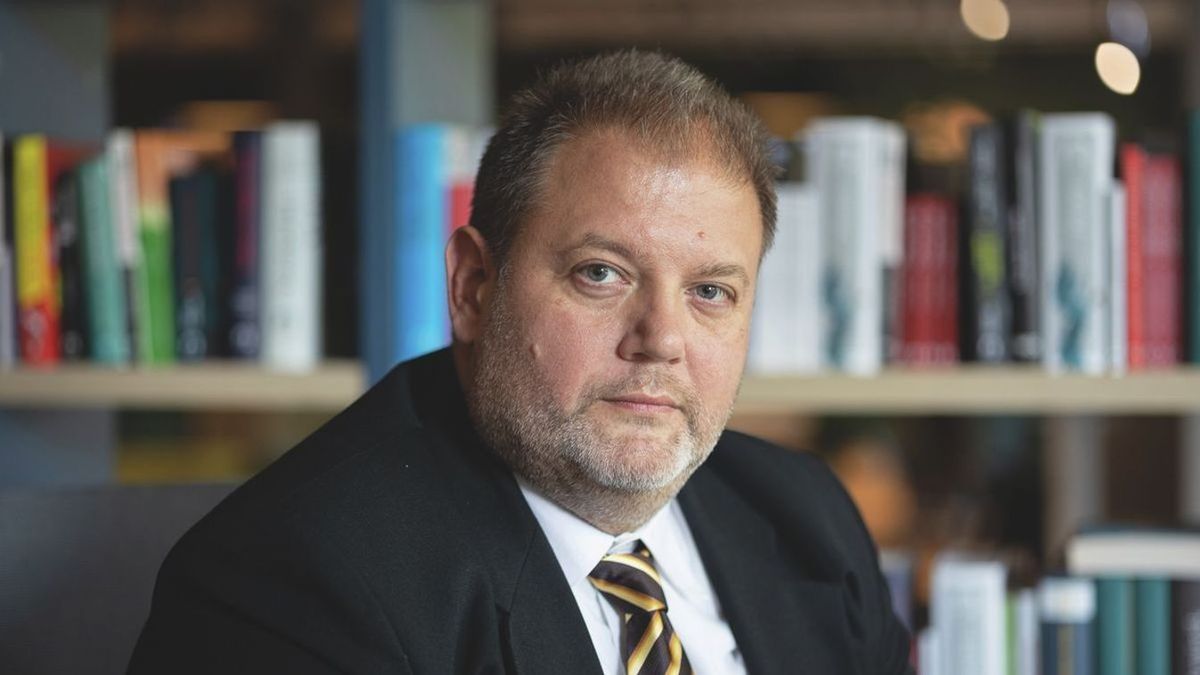
In its dimensions and goal,
said security expert Balin Somkuti when Magyar Nemzet asked how Ukraine's invasion of Russia differs from Russia's invasion of Ukraine. "If this was a military raid, it should have entered phase two by now, but it hasn't," the expert added.
The Ukrainian forces should be able to maintain the pace of the attack if the goal was to take the Kursk nuclear power plant, located 80-100 kilometers from the border. However, since this did not happen, it is safe to say that this was a raid rather than a well-thought-out attack, designed to put the war in Ukraine back on the front page of Western newspapers and to deal a blow to the Russian military and political leadership, which Kyiv did indeed,
the expert pointed out, adding that
in connection with the fighting in the Kursk area, it is worth looking at the Russian troops deployed to repel the offensive. These are so-called "fire response" units, units on constant alert, the Chechen Akhmat fighters, there is talk of a marine brigade and other special forces such as the Spetsnaz or the Wagner Group.
"Moscow must be able to deploy similar forces to successfully stop this attack, which means that we can talk about a few thousand troops, but certainly not tens of thousands," said Balint Somkuti. "Taking into account the extent of the offensive, this area of about fifty by twenty kilometers, there are one or two brigades fighting on the Ukrainian side. And since the second stage did not come, we can assume that this was the total force that was mobilized for this operation," the expert added.
Regarding the foreign Ukrainian mercenaries reported in the region, Balint Somkuti said that throughout history, mercenaries have traditionally been deployed in high-risk places, and this can be observed now on part of Ukraine.
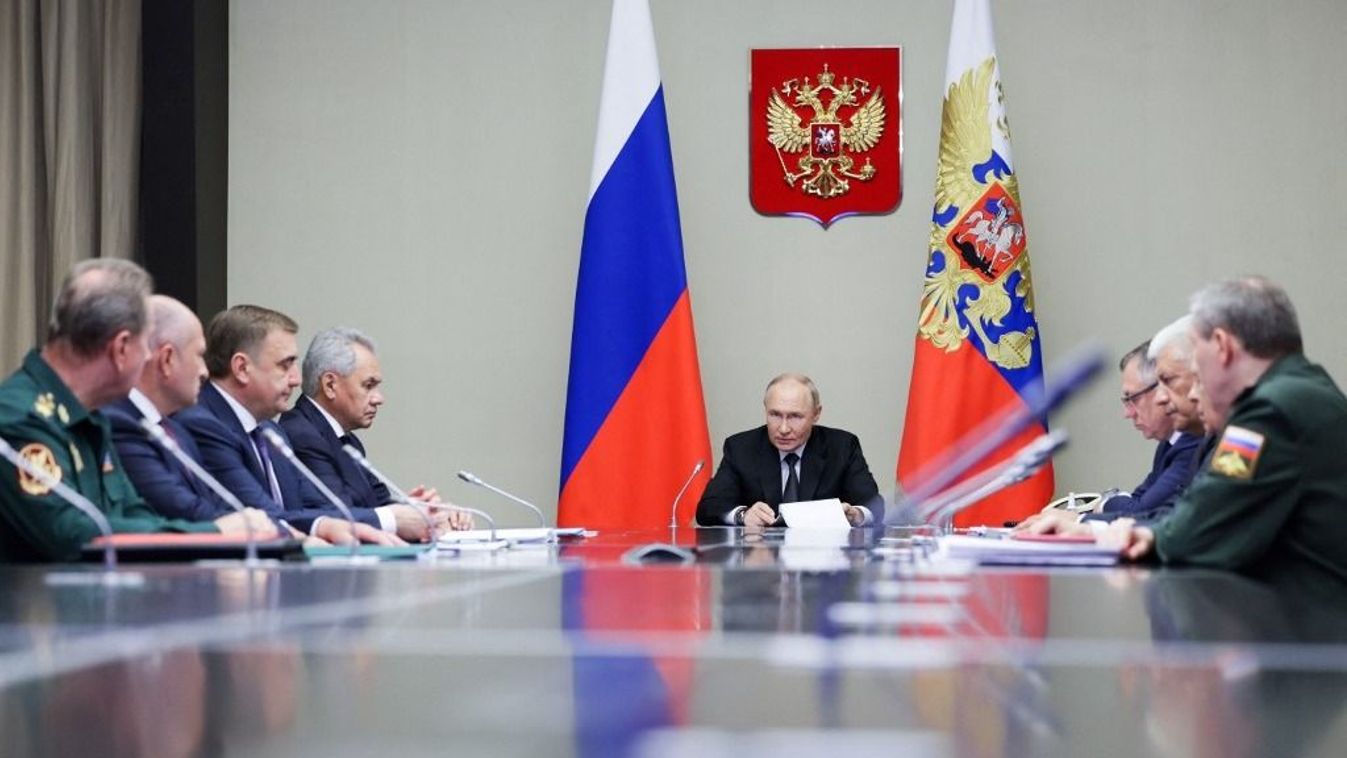
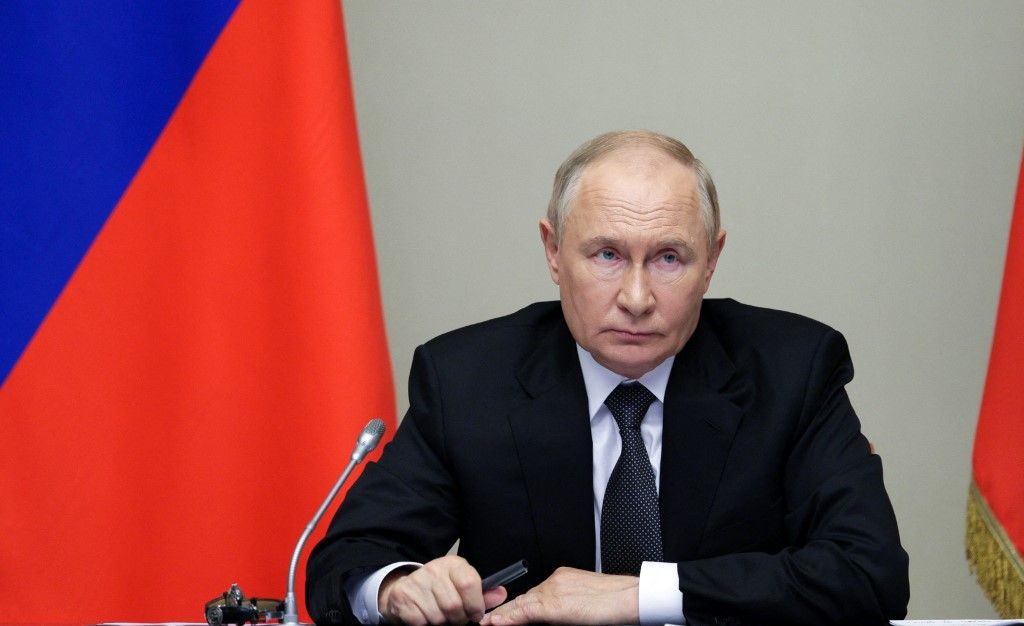
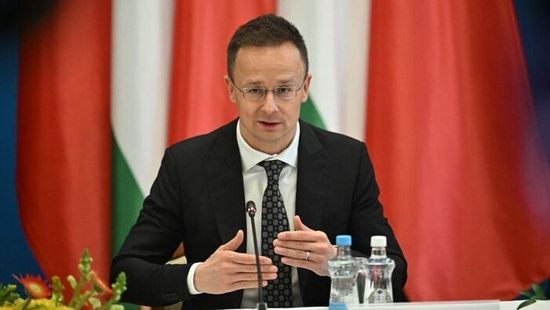
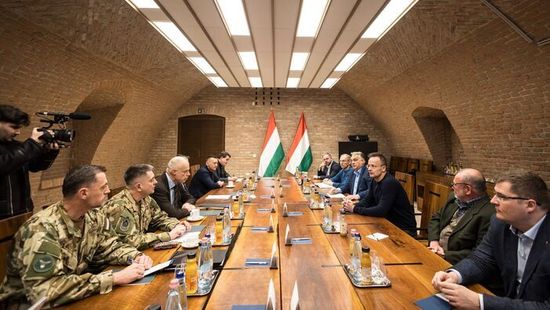
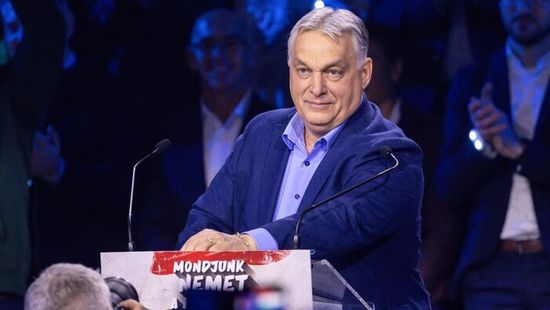
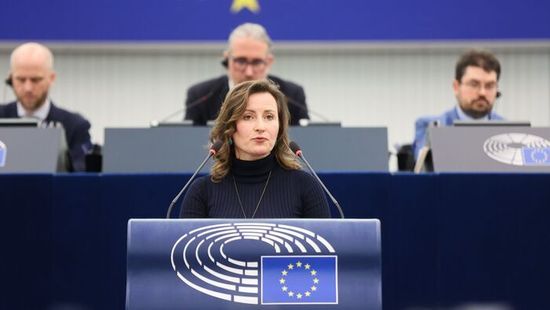

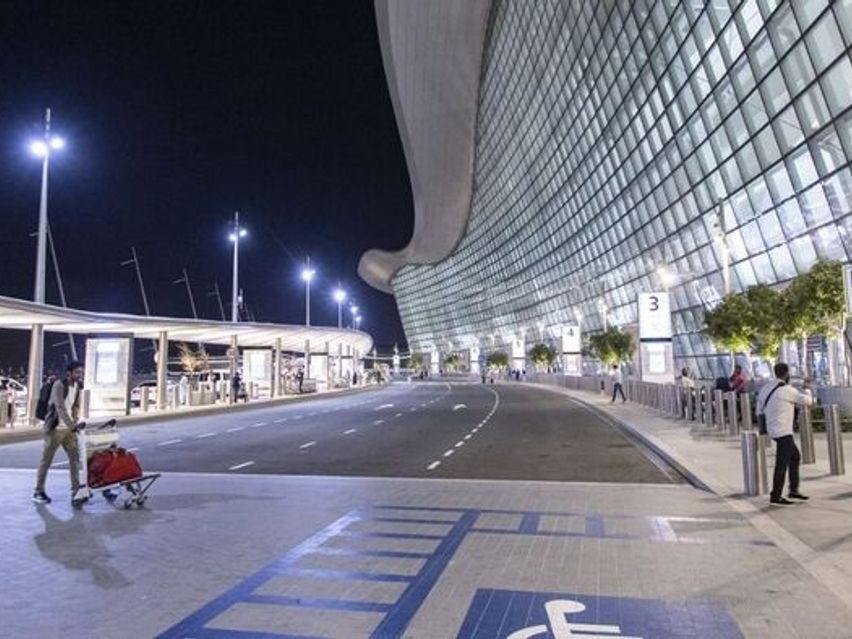

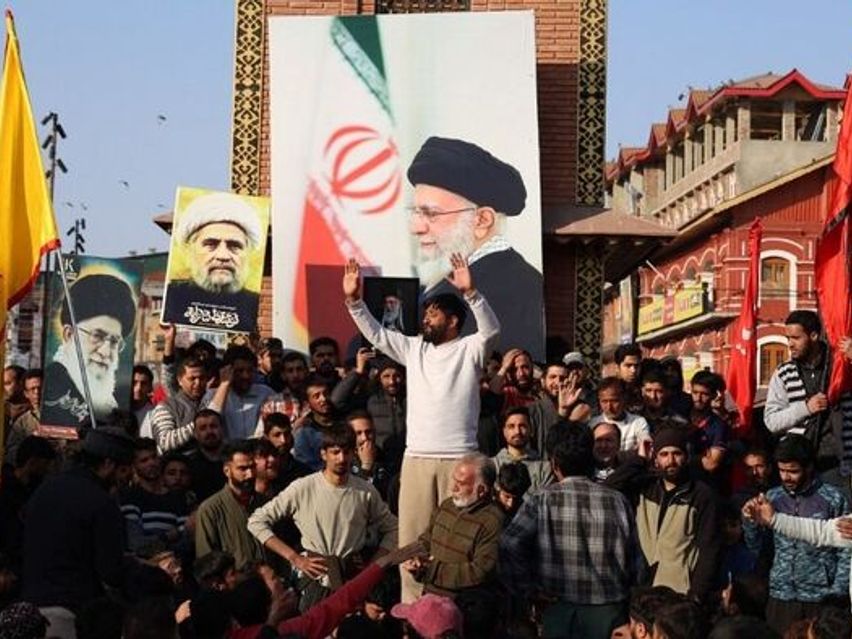
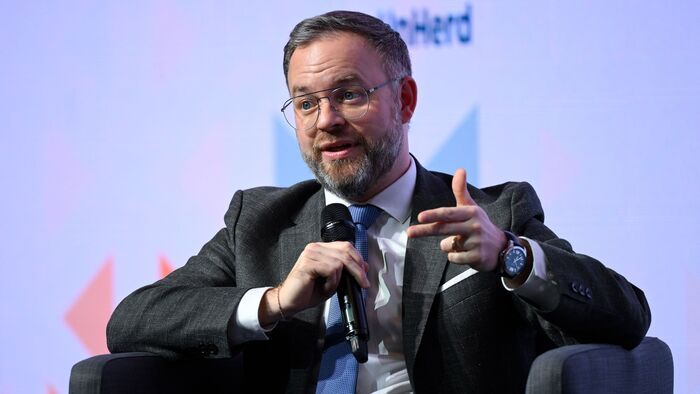

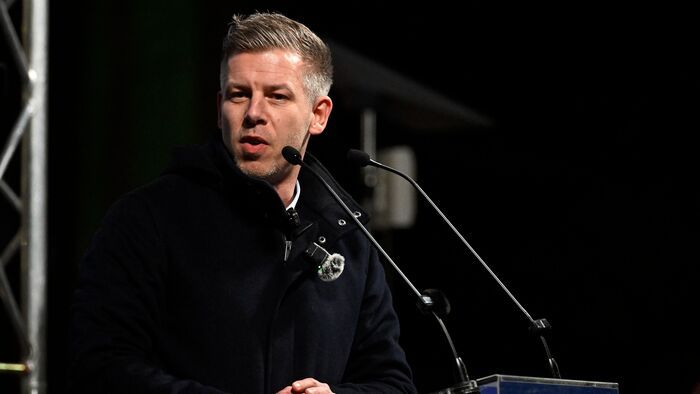
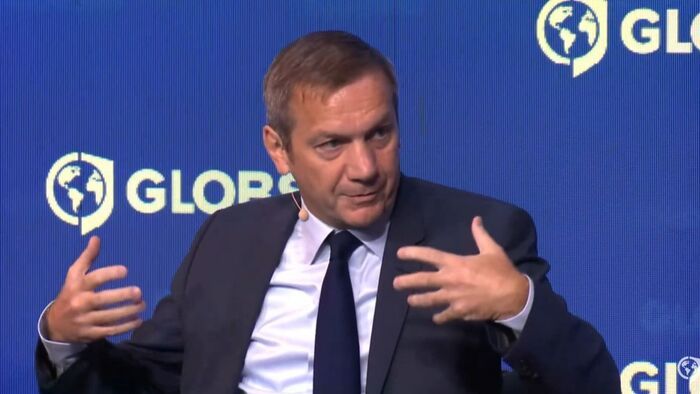
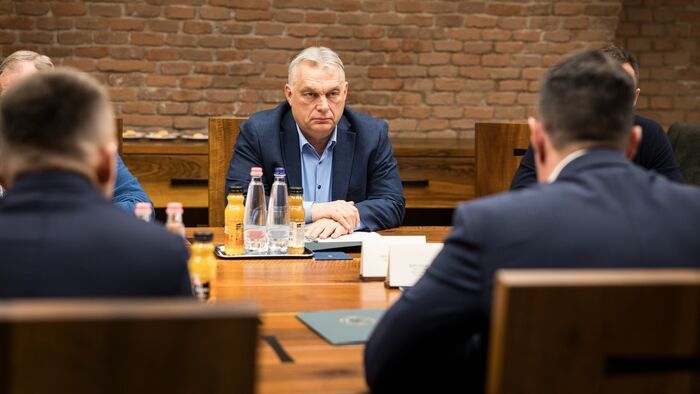
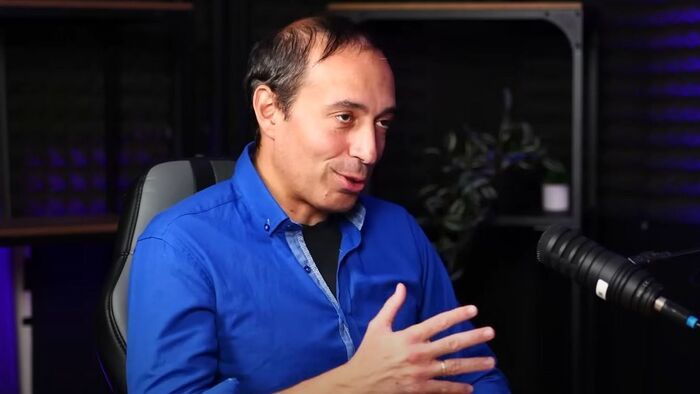
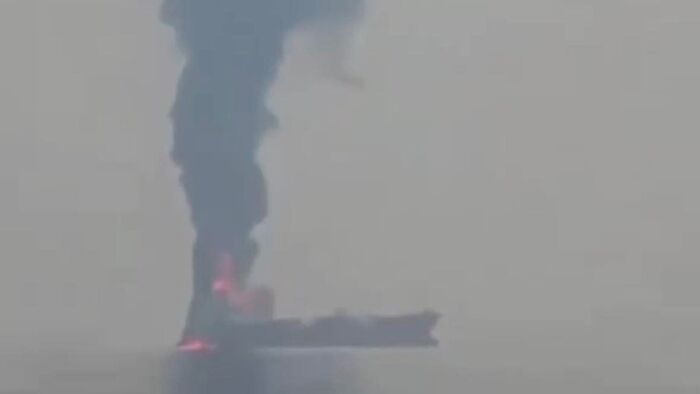
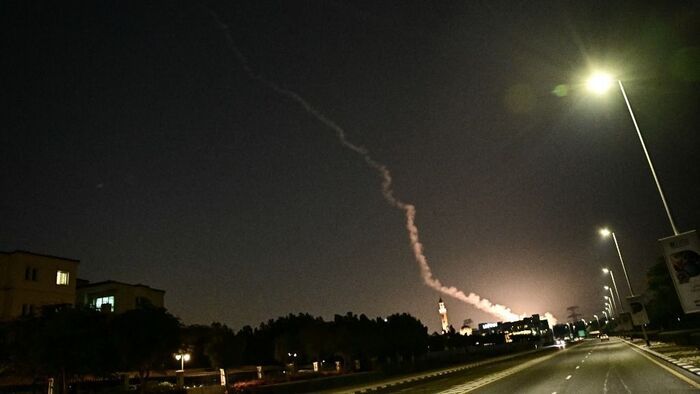
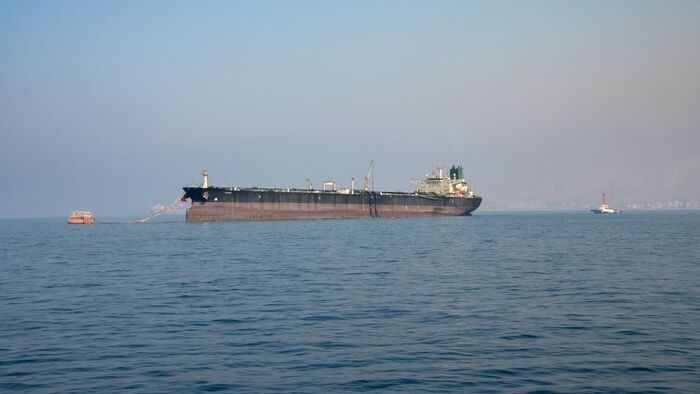

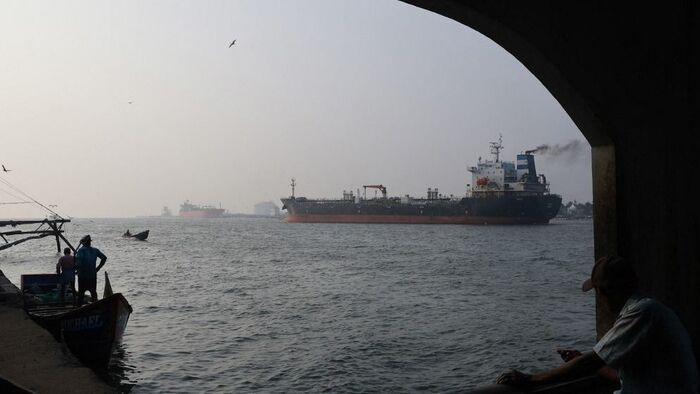

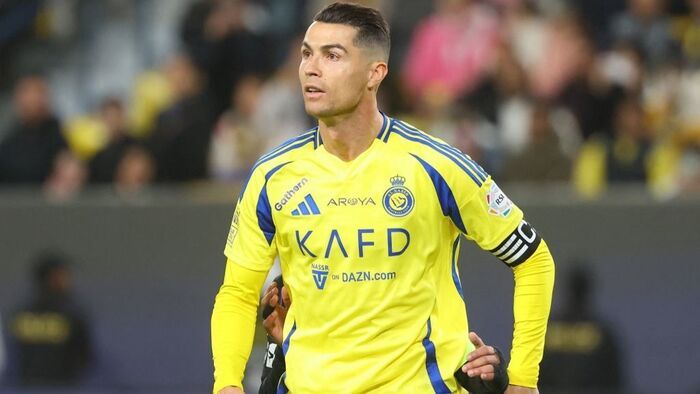

Szóljon hozzá!
Jelenleg csak a hozzászólások egy kis részét látja. Hozzászóláshoz és a további kommentek megtekintéséhez lépjen be, vagy regisztráljon!